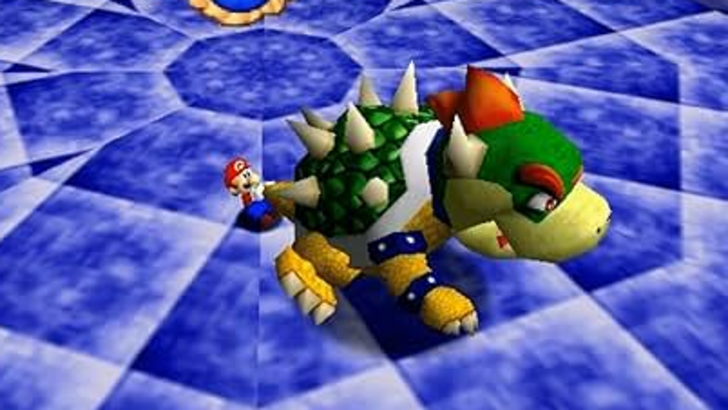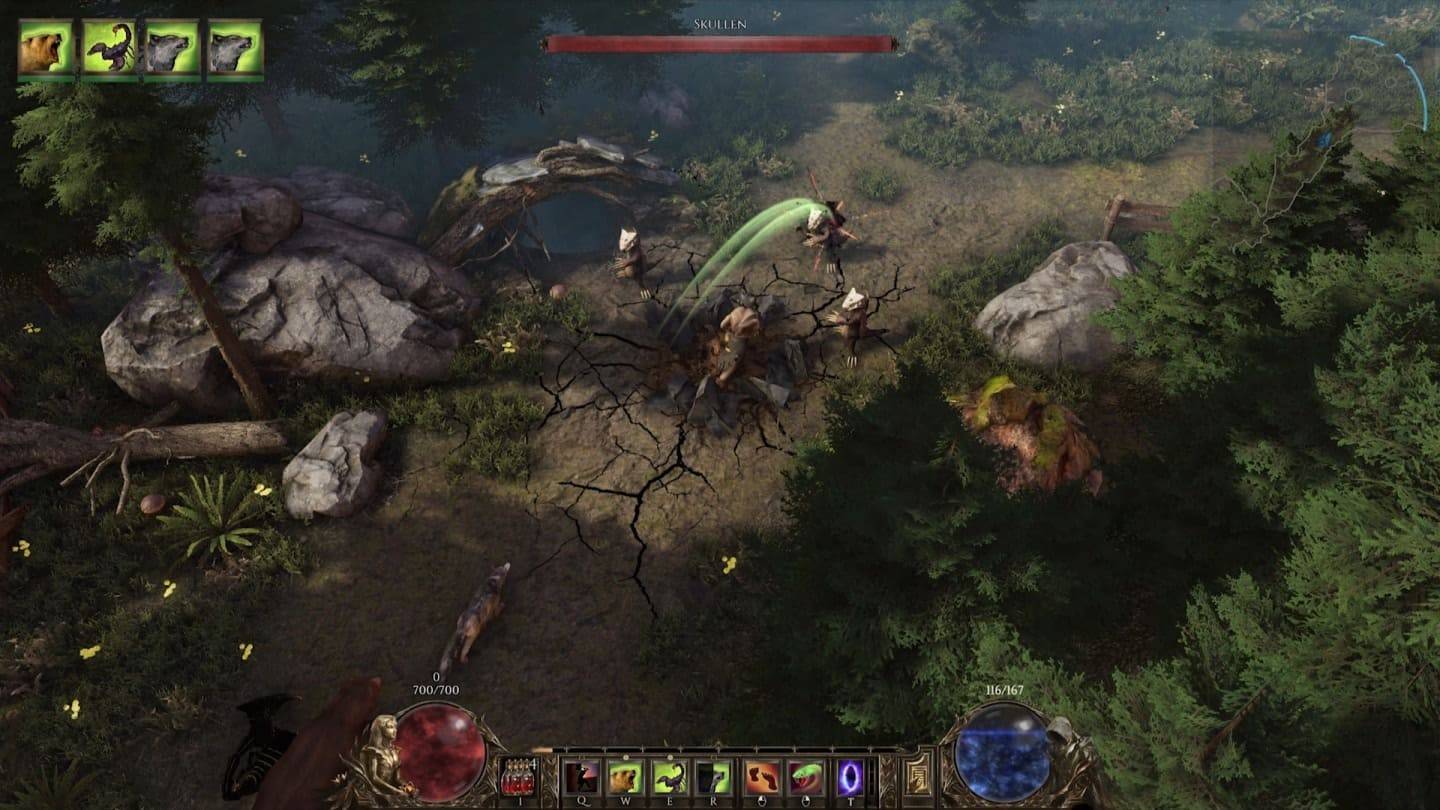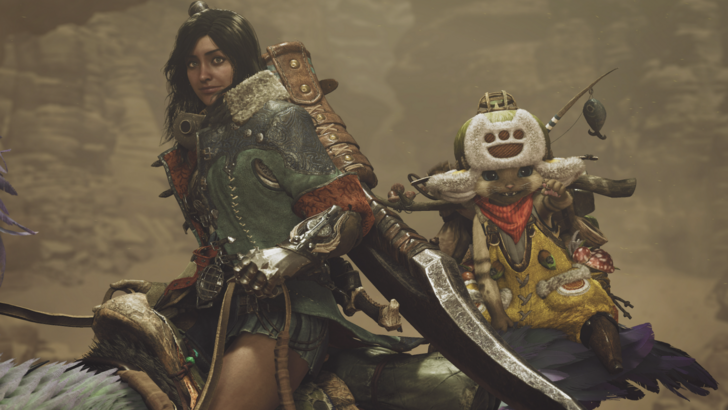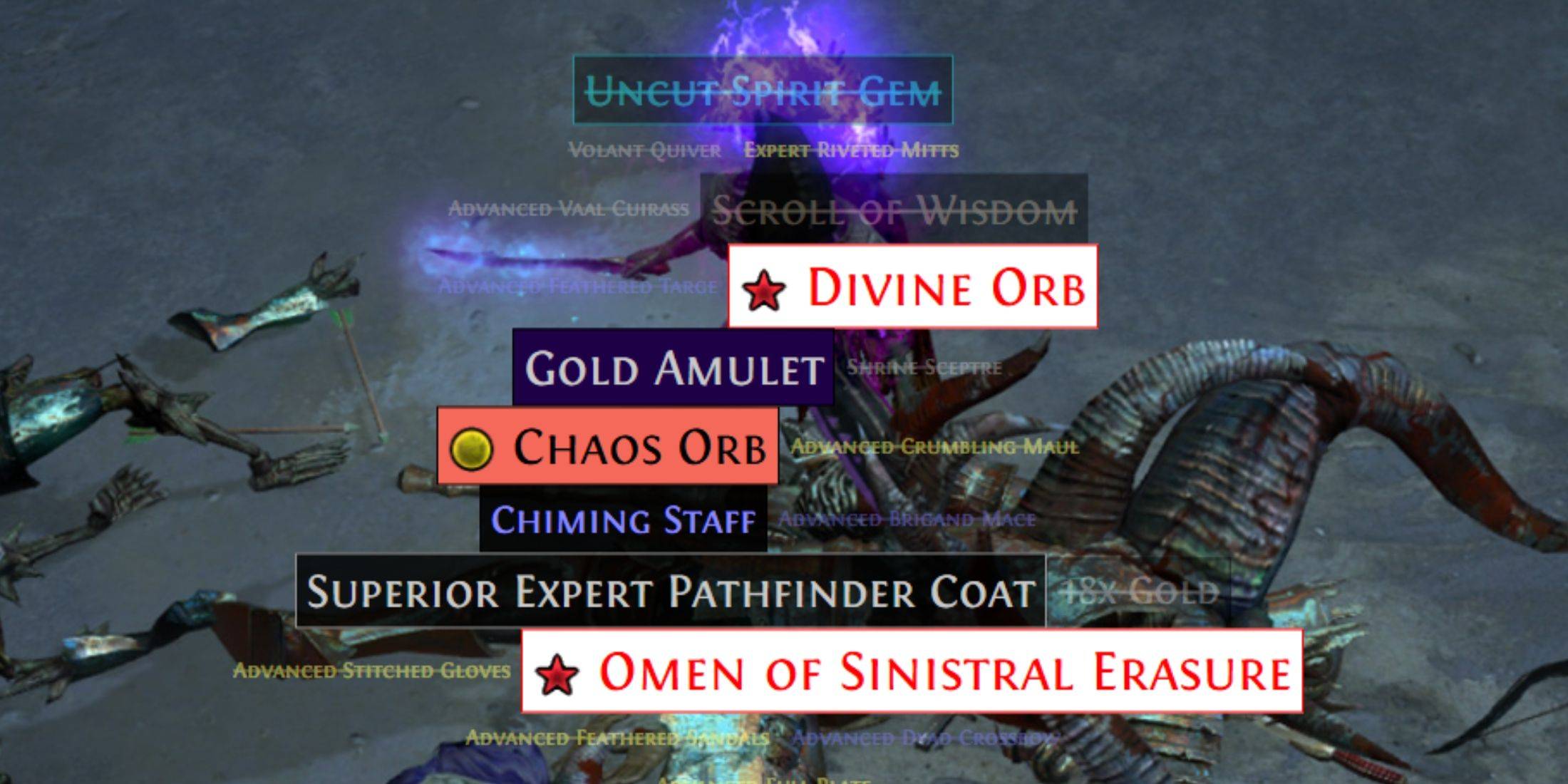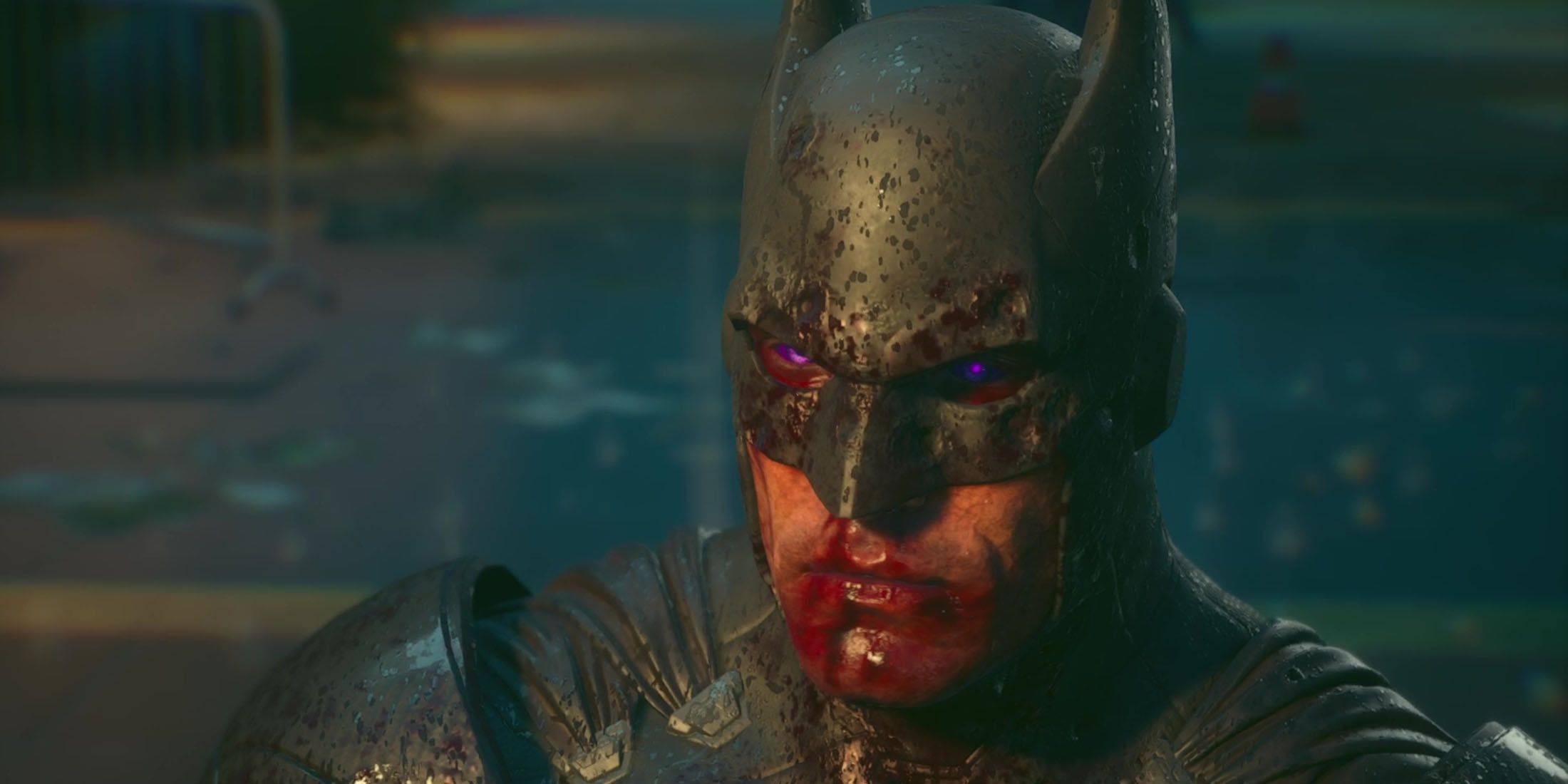
Following the underperformance of Suicide Squad: Kill the Justice League, Rocksteady Studios has experienced further layoffs. The game's disappointing sales initially resulted in a 50% reduction of the QA team in September. Recent job cuts have now extended to Rocksteady's programming and art departments, occurring shortly before the game's final content update.
Rocksteady, renowned for the Batman: Arkham series, faced challenges in 2024 with the release of Suicide Squad: Kill the Justice League. The game received a mixed critical reception, and its post-launch DLC further fueled controversy. Consequently, Rocksteady announced the cessation of new content after a final January update concluding the game's narrative.
Both Rocksteady and its parent company, WB Games, incurred significant losses on Suicide Squad: Kill the Justice League. Warner Bros. reported in February that the game fell short of sales projections. The subsequent layoffs in the QA department, reducing staff from 33 to 15, were directly attributed to the game's poor performance.
However, these September layoffs were not an isolated incident. Eurogamer recently reported additional job cuts at the end of 2024, impacting remaining QA staff, programmers, and artists. Several anonymous employees confirmed their dismissals, highlighting the ongoing repercussions of the game's failure. Warner Bros. remains silent on these recent layoffs, mirroring their response to the September cuts.
Further Fallout from Suicide Squad's Underperformance
The impact of Suicide Squad: Kill the Justice League's underperformance extends beyond Rocksteady. WB Games Montreal, the studio behind Batman: Arkham Origins and Gotham Knights, also announced layoffs in December, primarily affecting quality assurance personnel who supported Rocksteady's post-launch DLC development for Suicide Squad.
The final DLC, released December 10th, introduced Deathstroke as the fourth playable character. While Rocksteady plans one last update later this month, the studio's future remains uncertain. The game's commercial failure casts a shadow on Rocksteady's otherwise successful history of critically acclaimed DC video games, underscoring the significant consequences of the live service title's struggles.

 Latest Downloads
Latest Downloads
 Downlaod
Downlaod

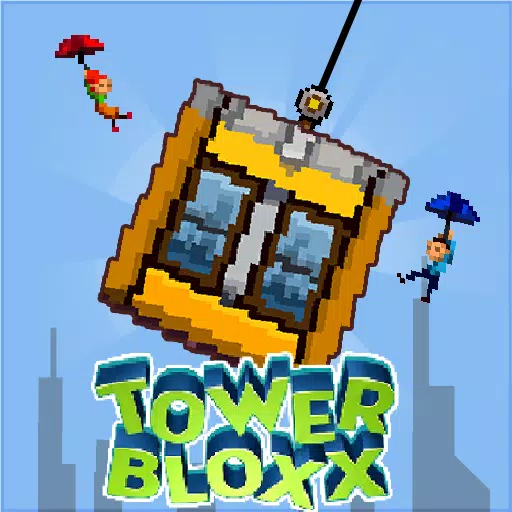


 Top News
Top News